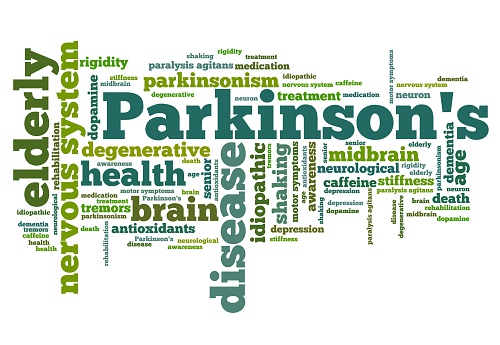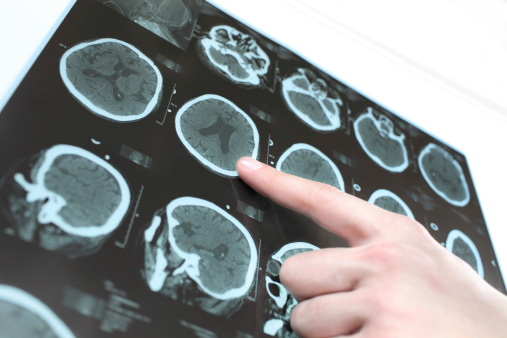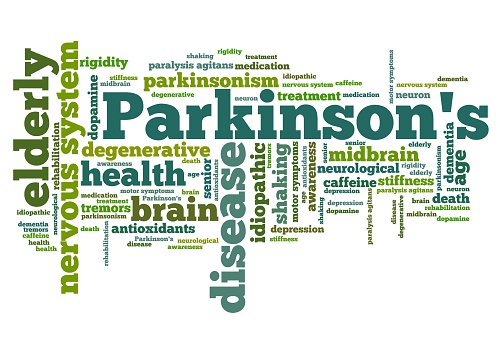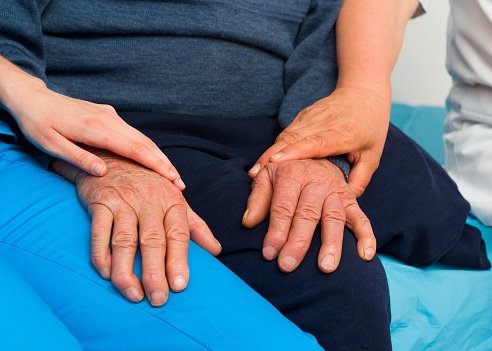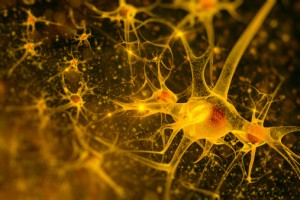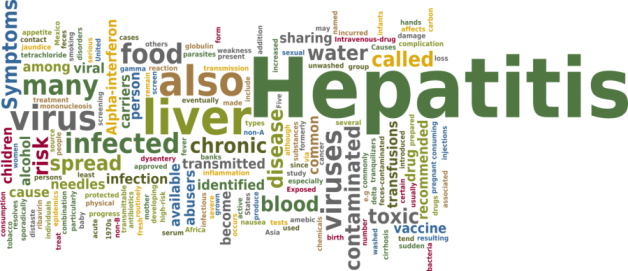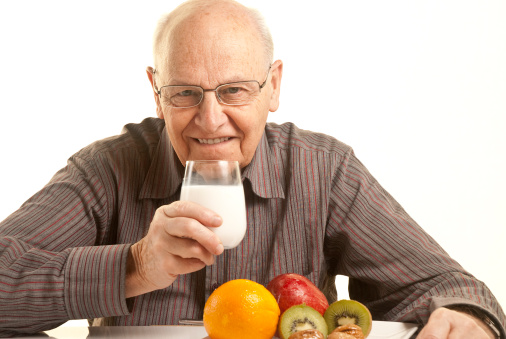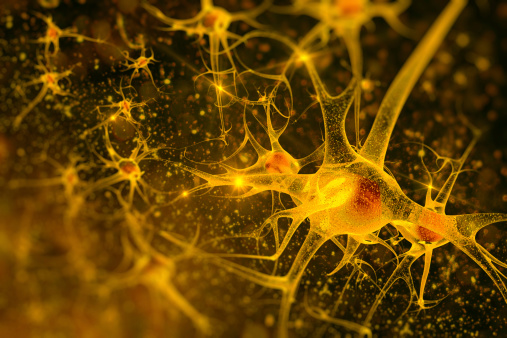National alcohol screening day, alcohol consumption raises Parkinson’s, heart disease, and relapse risk
This past week was the National Alcohol Screening Day, which is important as it raises awareness around the harmful effects of alcohol consumption, including Parkinson’s disease, heart risk, and eyesight and vision problems. Here at Bel Marra Health we want to keep you in the know, so we put together this roundup of health articles ...click here to read more


